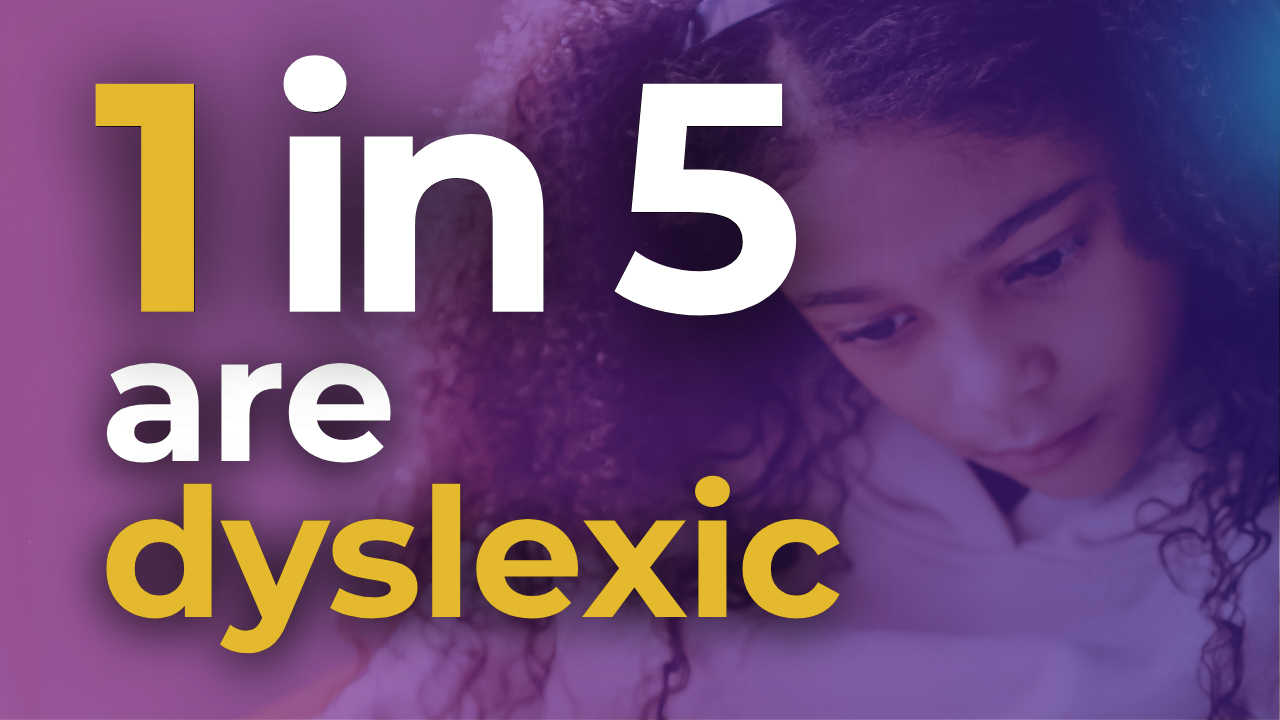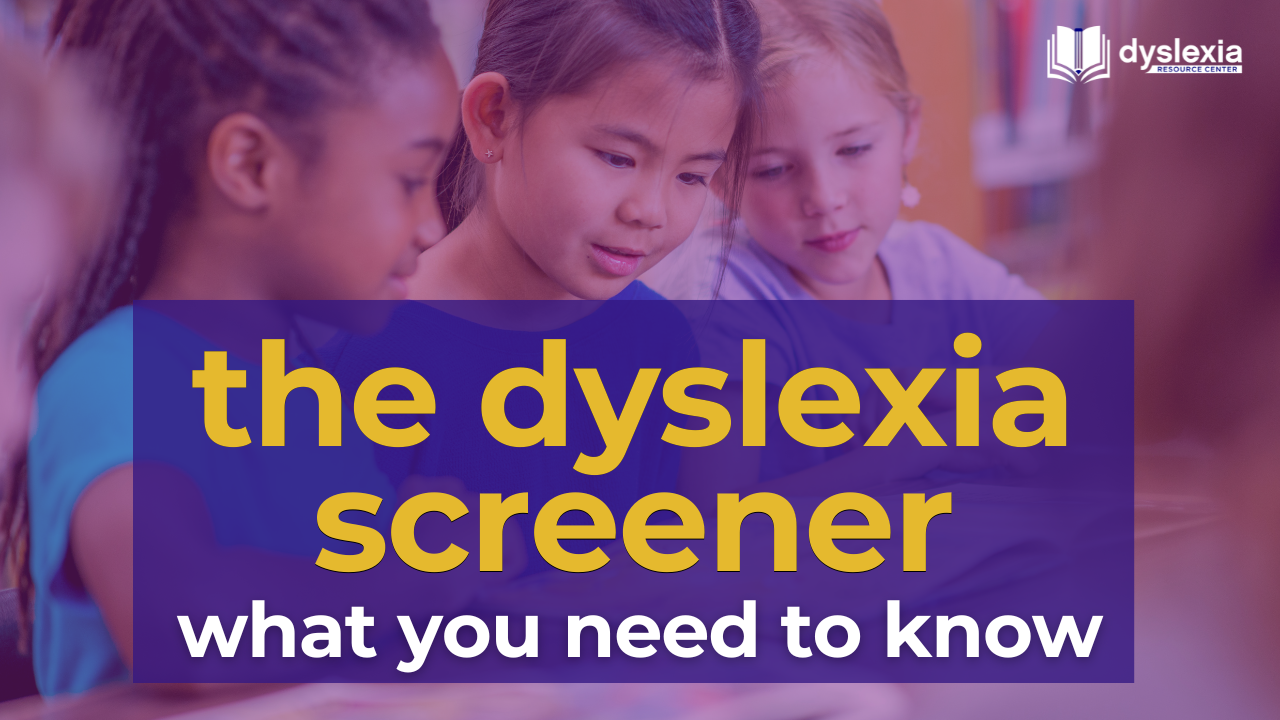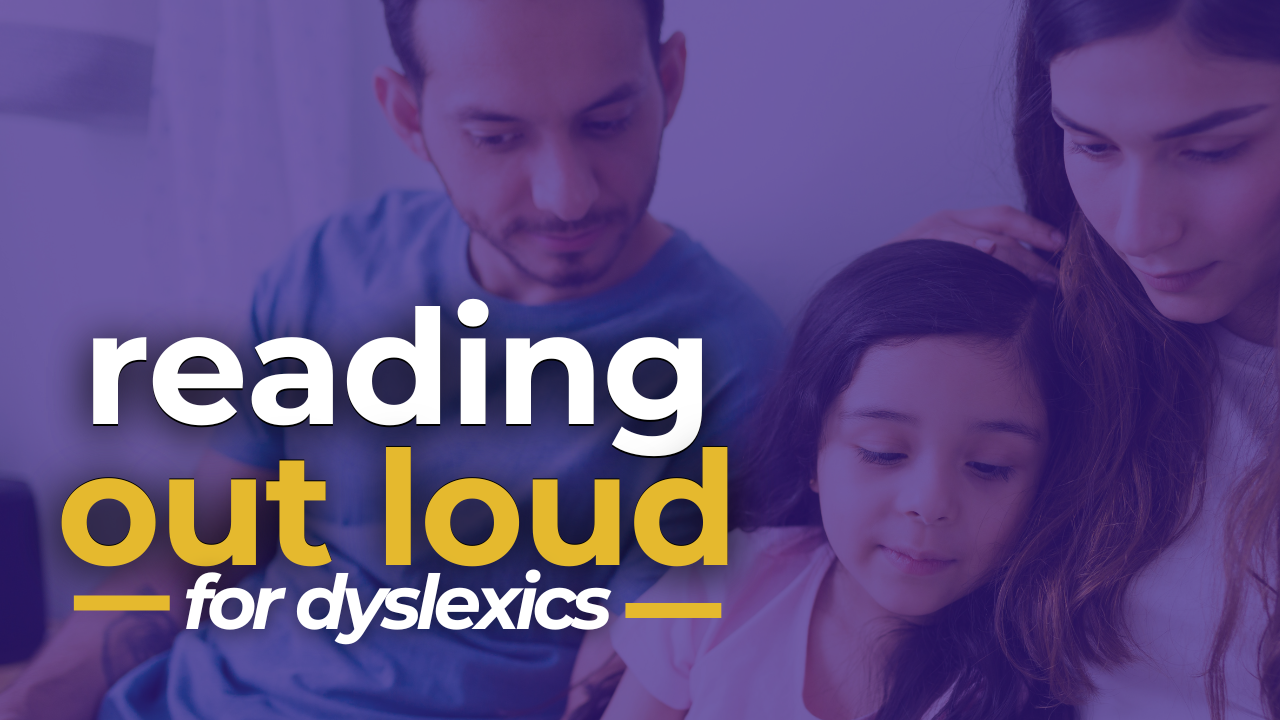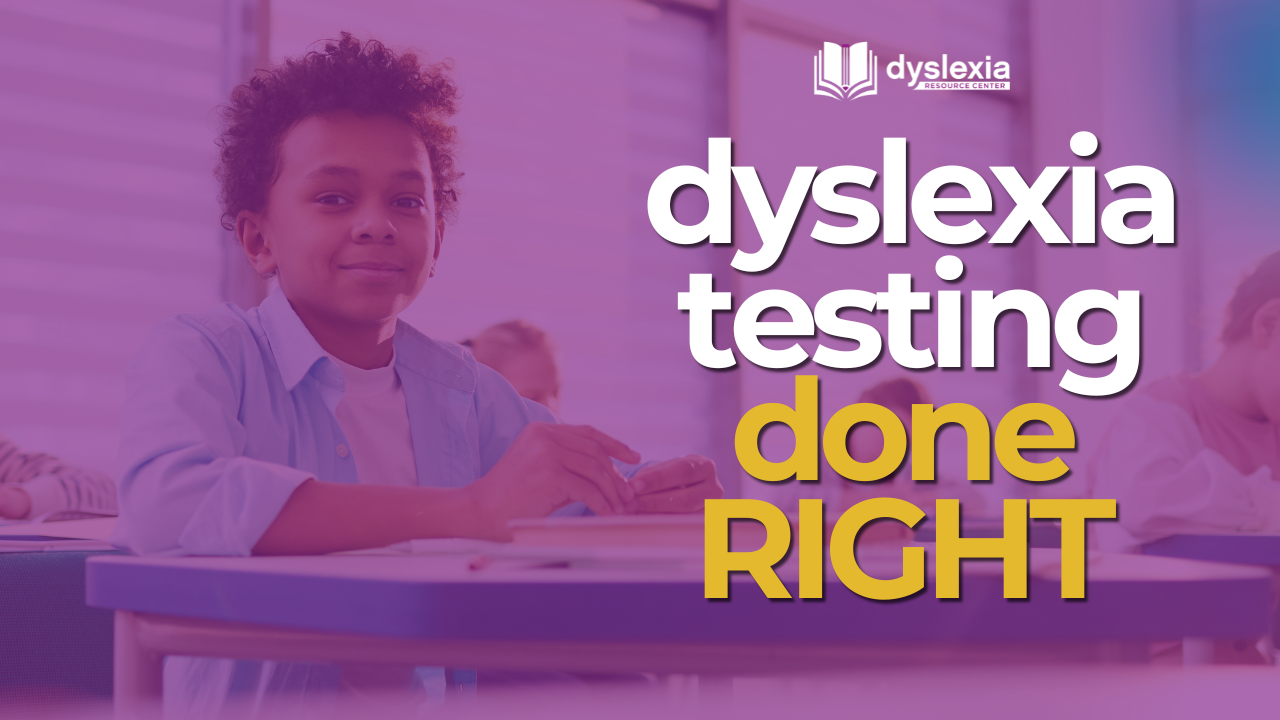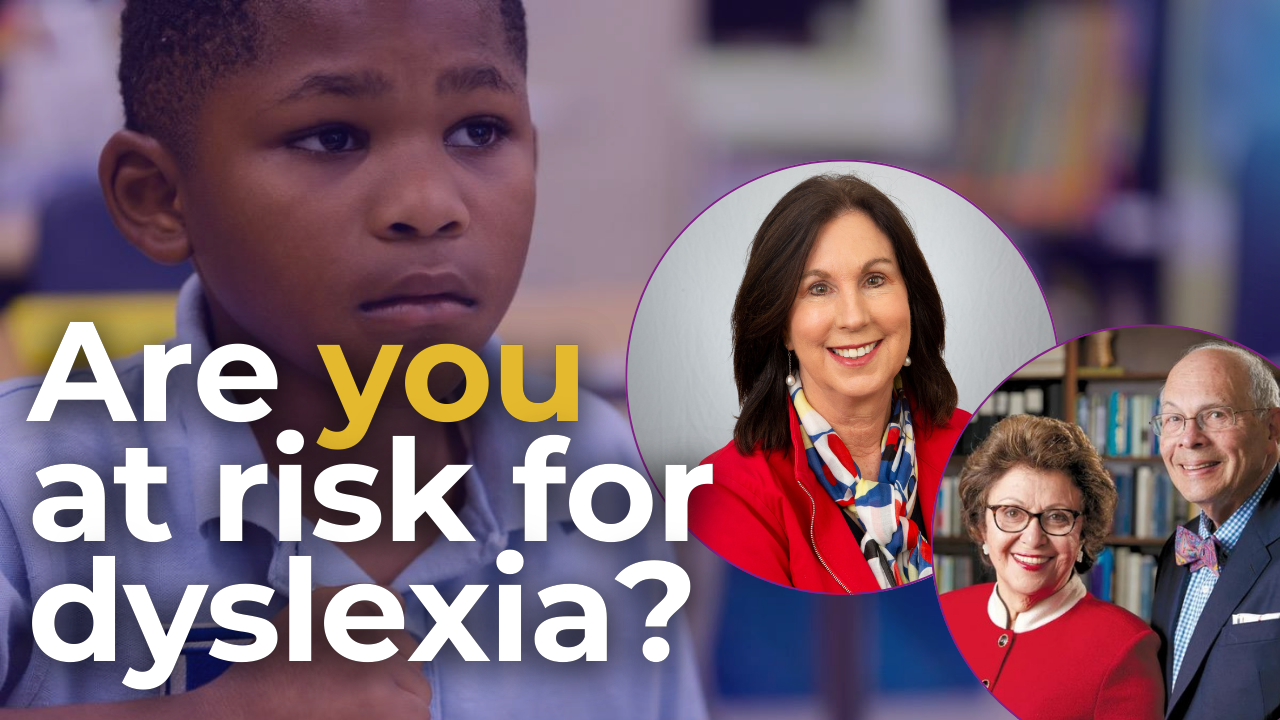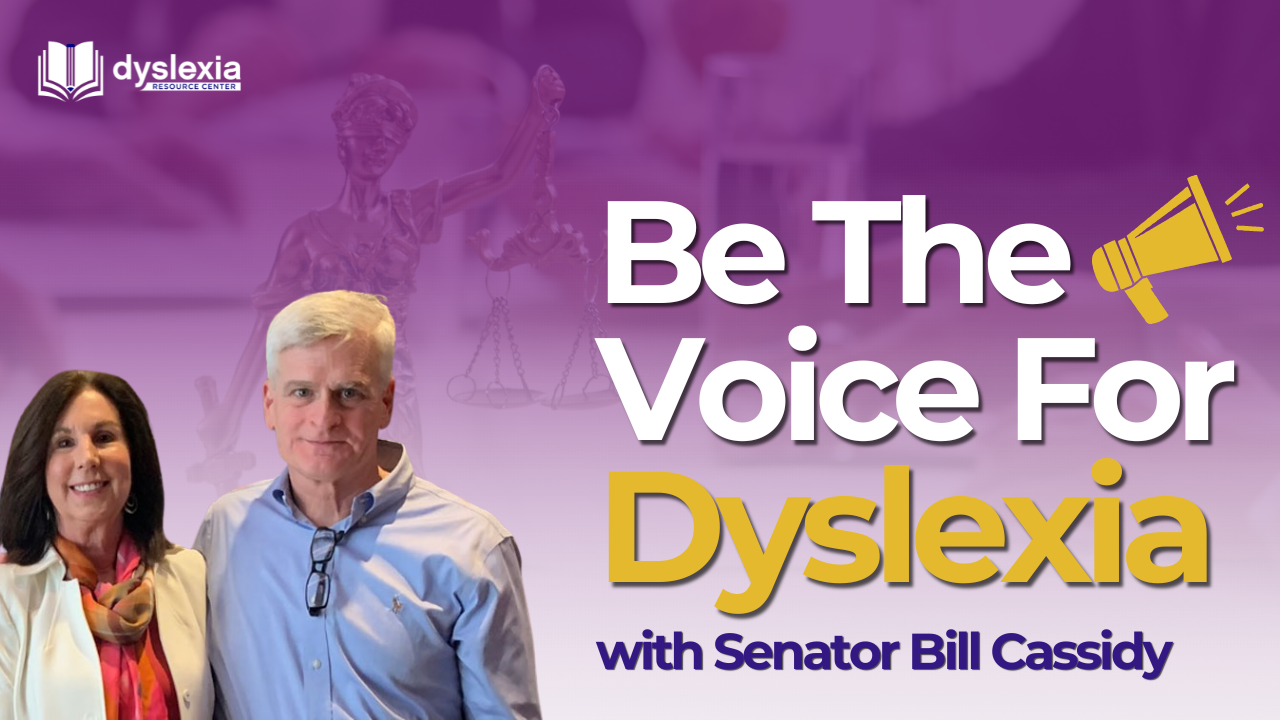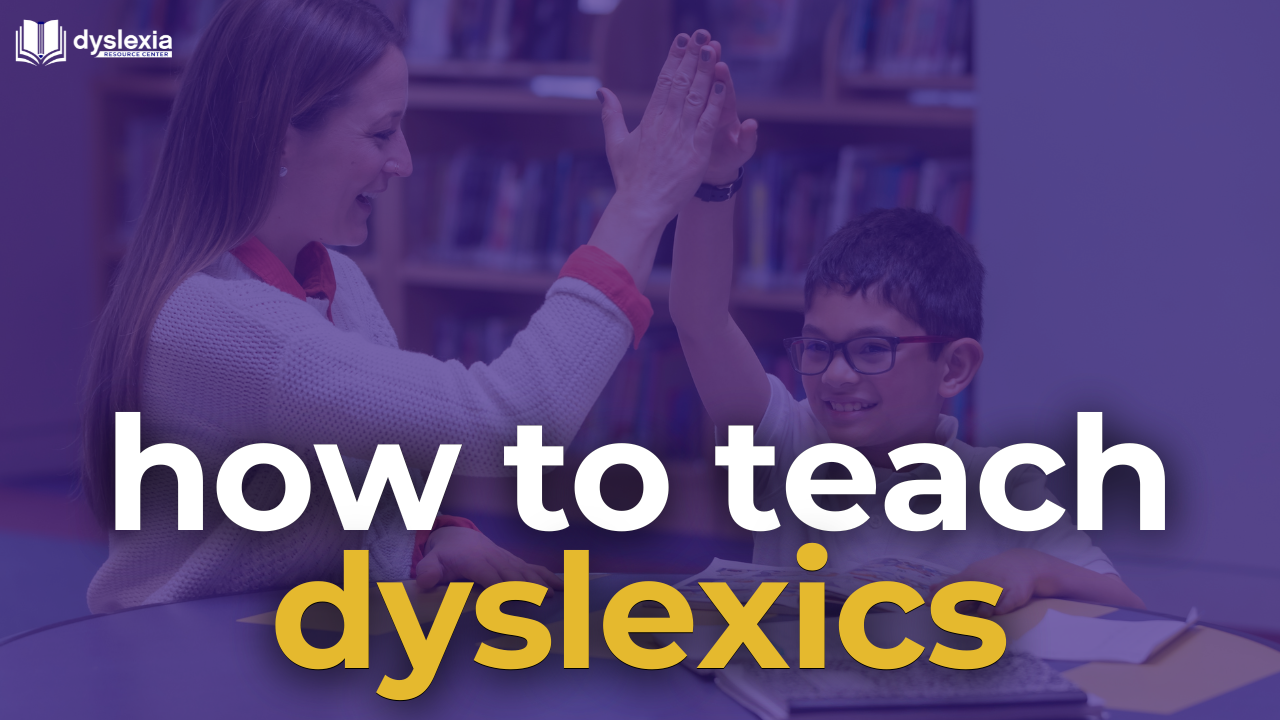Education Needs To Catch Up With Current Science

The current tragedy for those with dyslexia is several fold. Dyslexics have a difficult time with reading (appreciating the individual sounds of spoken language) and most sit in the general education classroom falling behind their peers. Secondly, non-dyslexics in policy positions are not convinced of the difficulties “dyslexia” presents in a general education classroom and therefore, teachers have limited knowledge when they encounter a dyslexic student in the classroom. Children with dyslexia pulled out into a smaller class for a period of time are no better served.
Science has made it possible to understand what dyslexia is but the concept is difficult to convey into the life of the classroom. The blame is often put on the child or the teacher. Science tells us that it is not their fault. Encouraging the child to “try harder’ or substituting a “better teacher” will not change the anatomy of their brain. These children use an inefficient system to read, spell, speak and learn a second language. Dyslexia is for life so their struggles and successes will vary over the years but they will all be based on the use of this inefficient system.
Early identification is crucial so the parents and the teacher can give the child what is necessary for reading and writing- the core of the educational experience. There is no shame in identifying a known entity like dyslexia and then giving the child the evidence based instructions needed for school success. It is shameful to have a dyslexic child struggling in a classroom or in a tier of RTI without a diagnosis and appropriate instruction. This current model of education is invalid based on current science. It damages the child’s self esteem and holds the teacher “accountable” for an invalid model. Educational policy must catch up with current science.
Screening, testing, and progress monitoring must acknowledge that these inefficient systems are present and used in the dyslexic brain. Testing/monitoring that looks at reading a single word or one paragraph after six weeks of instruction is not an accurate assessment of past teaching or future capability. All professionals in the educational academic world need to acknowledge that these children have to learn that the words must be pulled apart into their smallest sounds and which letters represent these sounds. Along with teaching the foundation of decoding accurately, the child should engage in daily reading out loud with a teacher that has a deep understanding of dyslexia- their struggles and possibilities. The goal of reading fluency must be pursued with this understanding rather than a curriculum for non- dyslexic students, an audio device or comprehension strategies. These children should not be underestimated but brought to their full potential with sound educational policies/accountability measures based on current science along with teachers that have a real understanding of dyslexia.
